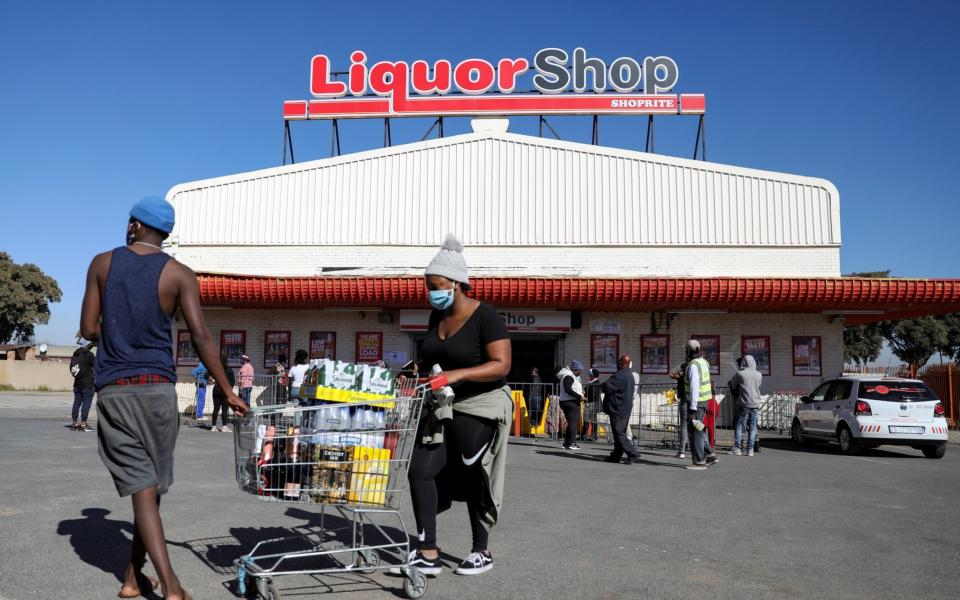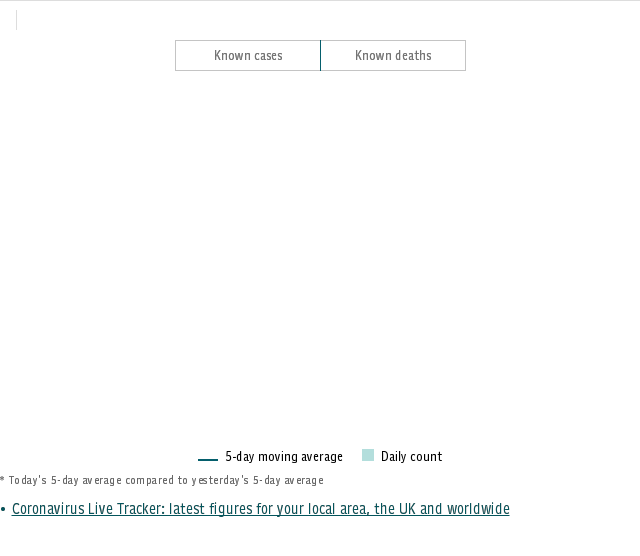The morning after the night before: South Africa wakes up with hangover as booze ban ends

Many South Africans had hangovers on Tuesday and some were admitted to hospital 24 hours after the 68-day ban on booze was lifted.
Cities that has been quiet since lockdown was imposed on March 25, were teeming with people and vehicles sat outside liquor stores all day Monday.
Tens of thousands of people, with masks in place and trying to keep their distance, queued outside liquor stores around South Africa ahead of the doors opening and many sang and danced as they loaded up their trolleys and pick-up trucks.
At one liquor store in western Johannesburg a small brass band struck up ahead of the store’s opening.
Millions of litres of beer, whiskey, sweet wine, vodka and other spirits were bought around South Africa as the third stage of the lockdown lift began.
Restaurants are still closed and people are banned from drinking in public, but for four days a week, the liquor stores are available for limited hours.

Ahead of the opening, one liquor store in Johannesburg found out last weekend that people had tunnelled under the nearby mall to get into the store and had stolen about £20,000 of alcohol.
Some state hospitals reported crowded emergency rooms as many celebrating the end of the ban drank dangerous amounts of alcohol. Johannesburg’s enormous Chris Hani Baragwanath Hospital was deluged by drunks for the some 24 hours after shops reopened.
A senior medical doctor from the hospital, which has more than 3000 beds, and is near the vast Soweto township said: "In the last 24 hours patients in the trauma units doubled. The majority of patients were drunk, with stab wounds. Some were involved in accidents.” About 70 per cent of all admissions to this huge hospital are emergencies.
Most people in the townships can drink at taverns, but they remain closed as do all restaurants, although takeaways are open for limited times. Those buying liquor must drink it within their homes.
But for smokers there is no relief as sales of cigarettes and vaping remain banned. However, in an urgent application heard in the Western Cape High Court on Sunday, British American Tobacco South Africa argued for lifting of the ban, claiming tobacco is “similar to coffee" as it provides "enjoyment and [helps people] cope in stressful circumstances.”
Banning them, it says, has harmed the "emotional well-being" of smokers, and was "unconstitutional.”
Many informal cigarette manufacturers, some of the larger ones from Zimbabwe, are selling cigarettes on the black market for huge prices, often more than double the cost of legal cigarettes before the ban.

